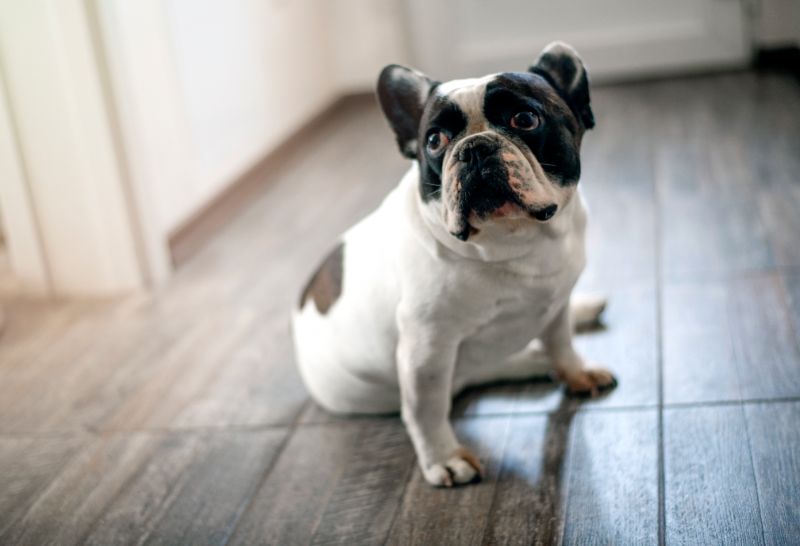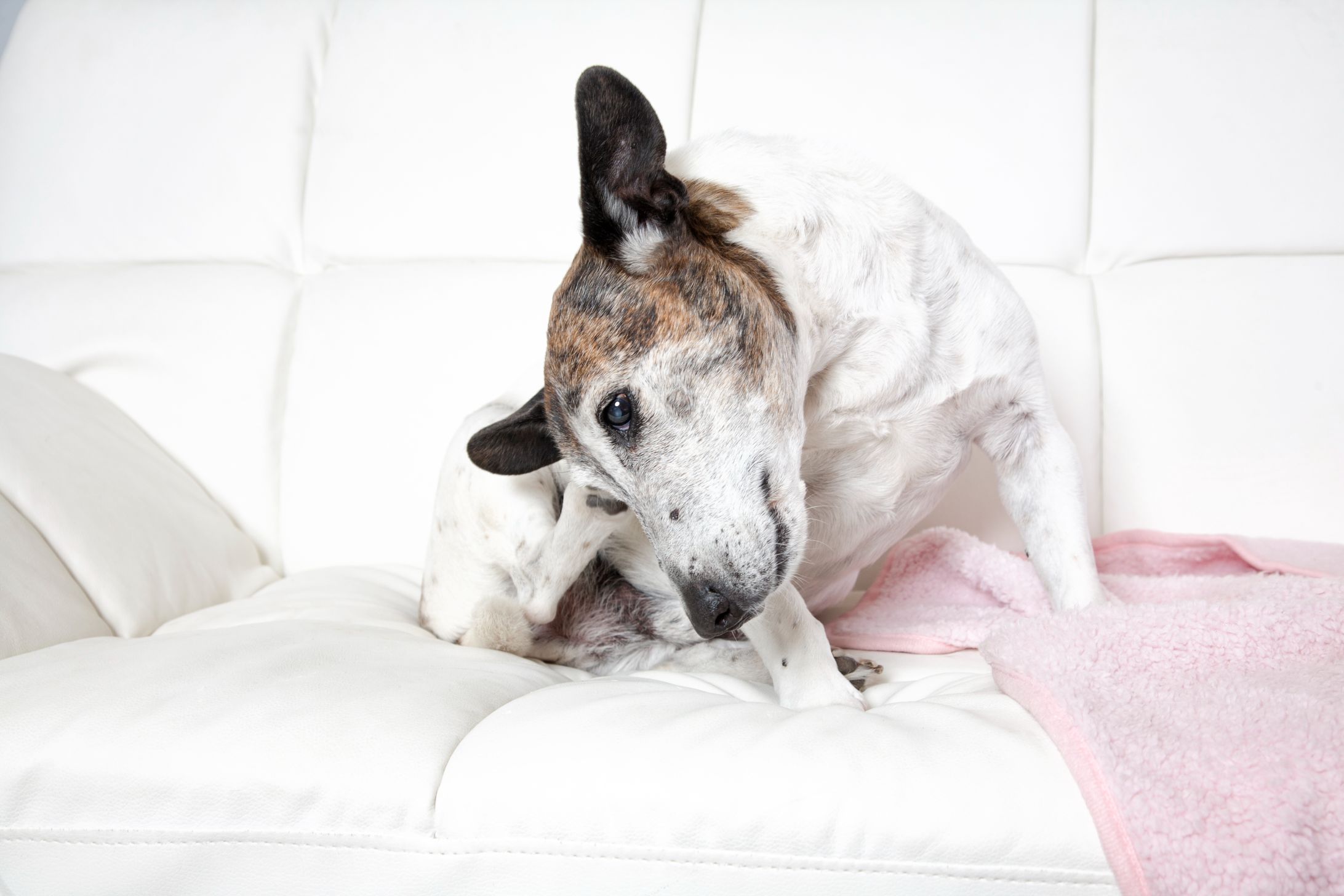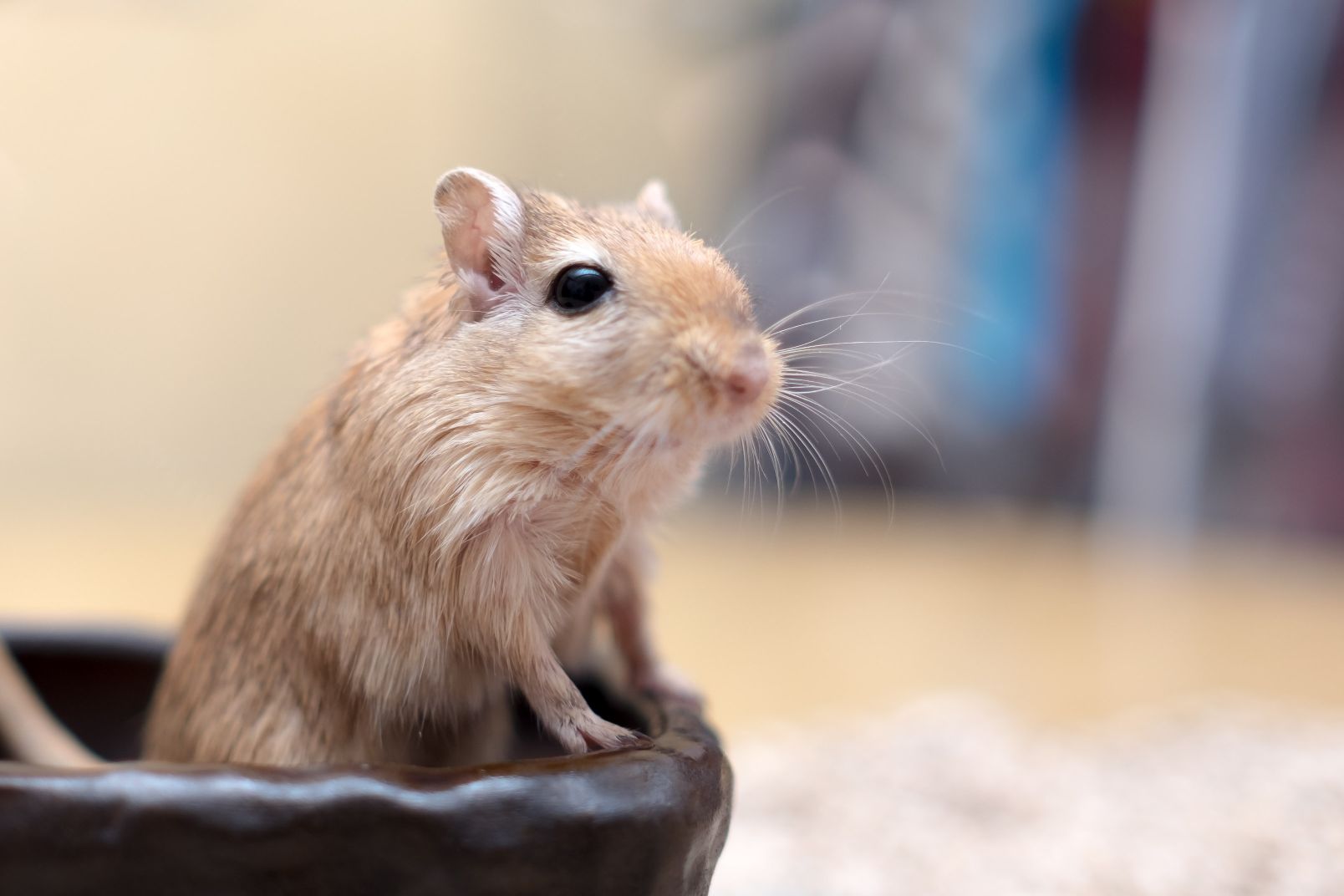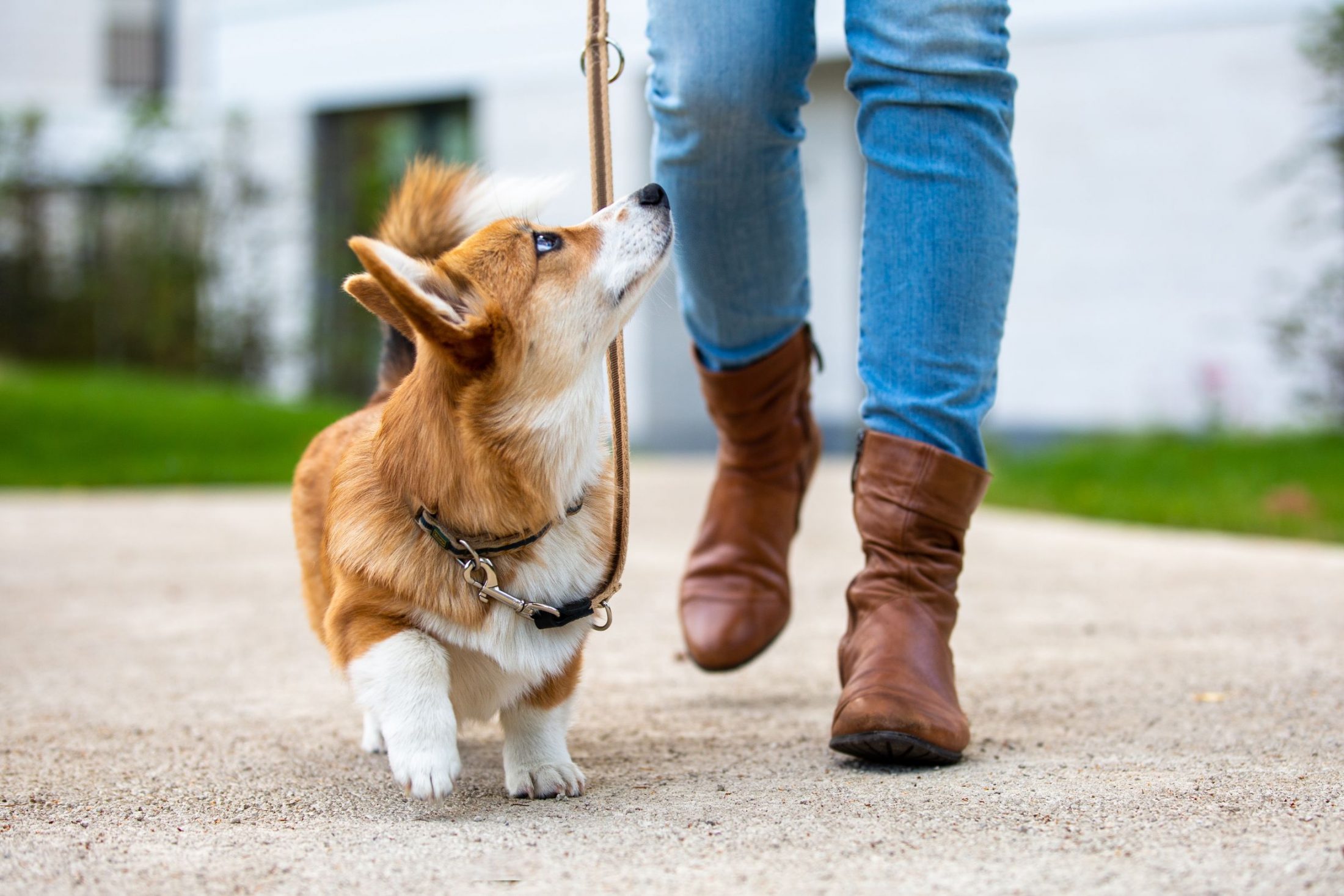
We’ve had an awful lot of togetherness lately. People’s reactions to the lockdown provisions differ wildly, but we feel confident when we say that for most of the nation’s pets, all of the extra walks, snuggles, and playtime over the past several months have been delightful.
Pets thrive on a daily routine, and as these orders have lifted (and reinstated, and lifted again in some areas), it’s natural for them to be affected. At Summeridge Animal Clinic we are experts at helping our patients and their family deal with separation anxiety in pets, and we have some strategies and tips designed to ease this transition for your furry friend.
Managing Pet Separation Anxiety
Pet separation anxiety is defined as an extreme response to being left home alone. It manifests itself in a variety of ways including vocalizations (barking, whining, yowling), scratching or biting at doors and windows, soiling inside the home or outside the litter box, digging, destroying furniture or personal items, and other destructive behaviours.
Mitigating pet separation anxiety takes time, patience, and a whole lot of love. Here are our tips to get you started:
Make it gradual – If possible, start acclimating your pet to longer and longer periods of time alone in the weeks leading up to going back to work or another obligation. Leave the house for an hour or two each day and gradually increase the time you’re gone.
Stick with a routine – Pets thrive on routine times for eating, playing, potty breaks, and exercise. Strive to keep your pet’s daily schedule the same, even on weekends.
Exercise, exercise, exercise – There’s a saying in the veterinary world, “A tired pet is a well-behaved pet.” Making a commitment to providing your pet with ample exercise each day will go a long way towards decreasing their anxiety and mitigating destructive behaviours. A walk before you leave for the day and after you get home works well for dogs. Cats should have two fifteen minute play sessions with you each day (at least), whether that’s with a feather chaser, toy mouse, laser pointer, or other toy.
Keep it mellow – Emotional or enthusiastic greetings or goodbyes will only heighten your pet’s anxiety. A calm, even-keeled approach to an overly excited pet is better for everyone.
Set aside time for fun – Treat your pet to something special here and there. A quick trip to the backyard for their favorite game after dinner, or to teach them a new game, is always appreciated. Or plan outings on the weekends to explore new hiking trails or dog parks. Taking time to focus on your pet strengthens the bond between you, and gives everyone something to look forward to.
Enlist the help of others – If you are regularly gone for long hours during the day, consider asking a friend or neighbor, or hiring a dog walker, to come by and give your fur friend some exercise and interaction during the day. Doggie daycares are wonderful options for social pups.
Getting Help
Sometimes pet separation anxiety can’t be cured easily. The use of special training techniques, calming supplements, and in some cases medication can be extremely helpful for severely anxious pets. Please don’t hesitate to contact us.



